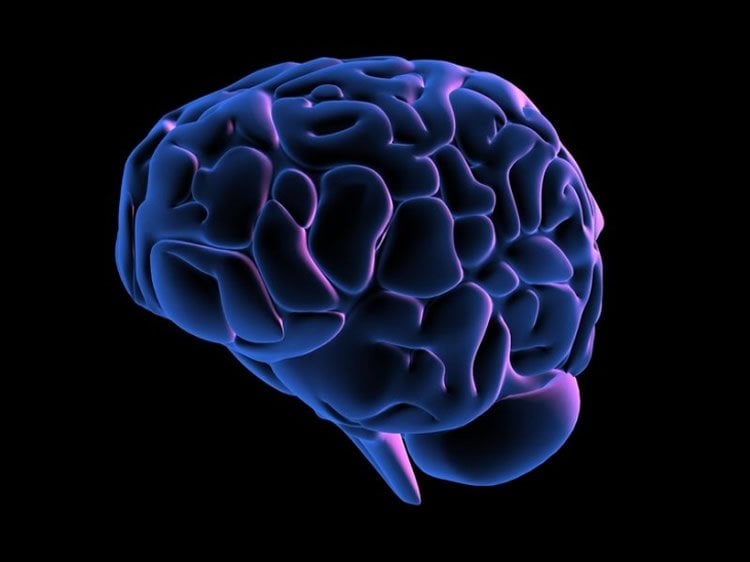Older adults are not as good at detecting sarcasm as their younger counterparts according to research from the University of Aberdeen.
Led by Professor Louise Phillips, Chair in Psychology, the team reported that adults over 65 were more likely to misinterpret sarcastic comments and take the literal meaning, rather than the intended jibe.
Professor Phillips said: “Losing the ability to respond appropriately to sarcasm might affect our relationships and friendships as we age.
“We already know that engaging in social interactions is valuable, particularly as we age, and we were interested in finding out how the normal ageing process might affect our ability to understand subtle social cues such as sarcasm.”
In the study, published in Developmental Psychology, older adults were shown examples of conversations between people and asked them to judge whether the exchange was sarcastic or not. Professor Phillips and the team, including collaborators from the University of Geneva and University College London, found that younger and middle-aged adults were significantly better at identifying sarcasm than older adults.
Professor Phillips said: “Until now, no one has looked at how older adults interpret sarcasm, and specifically, if they can flip the literal meaning to understand the intended meaning. So, we are interested in finding out how whether our ability to understand other people’s intentions changes as we age.

“For example, if someone says ‘I see you’re on time as usual’, this could literally mean what it says. Or, there might be a sarcastic intention, and then the underlying message is ‘You’re late. As usual.’ Deciding which way to interpret the statement depends on the context, and also the speaker’s tone of voice and facial expression. How this is interpreted can obviously affect the outcome of the conversation and ultimately determine how relationships develop.
“We found that older people were worse at detecting sarcasm and more likely to take the literal meaning than both younger and middle aged adults. This difference could not be explained by misunderstanding the conversation or memory difficulties.
“However, in some situations it might be a good thing to misinterpret sarcasm, given that it can sometimes be considered nasty or derogatory. Older adults are known to have a more positive outlook on life than younger adults and this may contribute to their failure to pick up on sarcastic undertones.”
Funding: This research was funded by the Leverhulme Trust.
Source: University of Aberdeen
Image Credit: The image is adapted from the University of Aberdeen press release
Original Research: Abstract for “Older adults have difficulty in decoding sarcasm” by Phillips, Louise H.; Allen, Roy; Bull, Rebecca; Hering, Alexandra; Kliegel, Matthias; and Channon, Shelley in Developmental Psychology. Published online December 2015 doi:10.1037/dev0000063
Abstract
Older adults have difficulty in decoding sarcasm
Younger and older adults differ in performance on a range of social–cognitive skills, with older adults having difficulties in decoding nonverbal cues to emotion and intentions. Such skills are likely to be important when deciding whether someone is being sarcastic. In the current study we investigated in a life span sample whether there are age-related differences in the interpretation of sarcastic statements. Using both video and verbal materials, 116 participants aged between 18 and 86 completed judgments about whether statements should be interpreted literally or sarcastically. For the verbal stories task, older adults were poorer at understanding sarcastic intent compared with younger and middle-aged participants, but there was no age difference in interpreting control stories. For the video task, older adults showed poorer understanding of sarcastic exchanges compared with younger and middle-aged counterparts, but there was no age difference in understanding the meaning of sincere interactions. For the videos task, the age differences were mediated by the ability to perceive facial expressions of emotion. Age effects could not be explained in terms of variance in working memory. These results indicate that increased age is associated with specific difficulties in using nonverbal and contextual cues to understand sarcastic intent.
“Older adults have difficulty in decoding sarcasm” by Phillips, Louise H.; Allen, Roy; Bull, Rebecca; Hering, Alexandra; Kliegel, Matthias; and Channon, Shelley in Developmental Psychology. Published online December 2015 doi:10.1037/dev0000063







